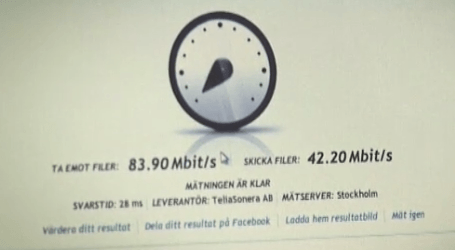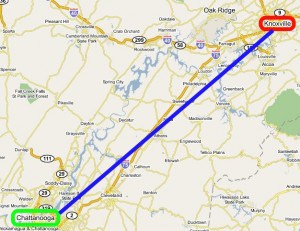Time Warner Cable has opened up access to HBO GO and Max GO to all customers who subscribe to the premium movie channels. A brief beta test for Time Warner’s super-premium Signature Home customers concluded earlier this week and the service is now available to all.
Stop the Cap! tested the HBO GO service earlier today and can report the service is up and running for Time Warner customers.
The most cumbersome part of both services is the authentication process. Graceful it is not. Customers have to start their journey at either the HBO or Cinemax “TV Everywhere” portal, select their cable operator, and then get prompted to authenticate their cable TV service. Time Warner’s authentication process makes this especially confusing by notifying customers not to use their bill payment service account username and password. Instead, customers are told to use login credentials for the cable company’s customer information and authentication portal — My Services. It is easy to get confused which username and password to use. If you do not have a “My Services” account, the registration process is even more tedious, because you have to wait for confirmation e-mail messages and hunt down a current cable bill, if you receive one in the mail at all.
Having registered for other TV Everywhere services from Time Warner Cable before, it was more than a little annoying going through the same process all over again for HBO. HBO and Max GO also require the subscriber to choose a username and password on those sites as well, which means yet another account and password to remember. After about 10 minutes of the irritating multi-step process, access was finally granted.
HBO Go currently has 230 movies available for instant viewing, a large number of which are hardly recent. The 1953 version of Titanic, for example. Really? Oh, God with George Burns and John Denver, the 1979 please-edit-me snoozefest Star Trek: The Motion Picture, and all three Back to the Future movies seemed like a lot of dated filler material for a $15 a month premium movie channel. Better offerings were found under the series, specials, and comedy categories which delivered a full library of a number of HBO productions, as well as current events shows like Real Time with Bill Maher. (The latter only included a handful of episodes from the current season and some earlier editions.)
Our biggest trouble came when we tried playing from the menu of titles. This is no Netflix. We found picture quality often lacking, with plainly visible screen anomalies, and the stream was interrupted several times for buffering. Either pent-up demand for HBO Go is causing Time Warner customers to pound the service during the business day, or HBO needs to beef up its server capacity. We did several speed tests and found our connection stable at 30/5Mbps, so this was not a Time Warner Cable broadband problem.
The best part about HBO and Cinemax GO is that it comes free with subscriptions to one or both channels. We’d have a hard time justifying paying extra for the current online viewing experience. It also remains ironic that Time Warner Cable executives continue to foster a desire to implement Internet Overcharging schemes like usage caps and/or consumption billing while encouraging customers to consume more bandwidth with online video services such as these.
Time Warner Cable partner Bright House Networks is anticipated to launch both services themselves shortly.


 Subscribe
Subscribe





